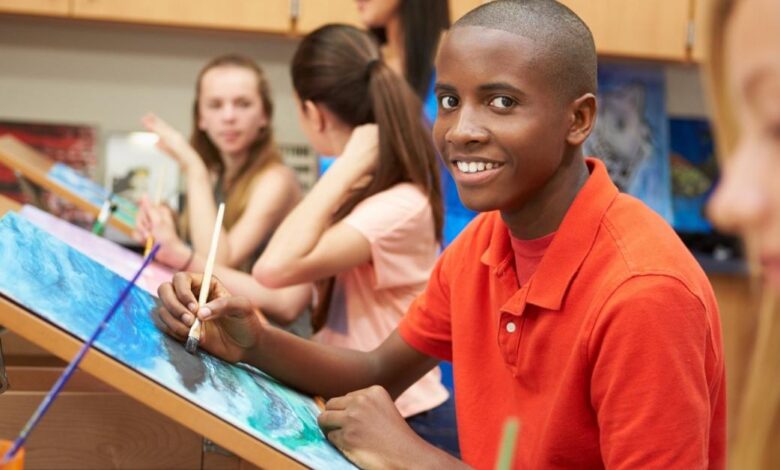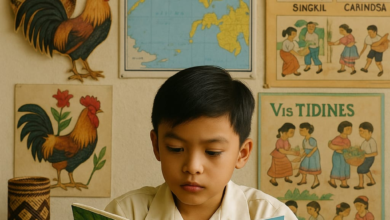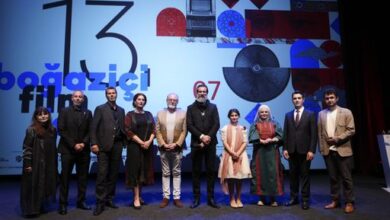What you need to know about culture and arts education

Learners engaged in culture and arts education have better academic and non-academic learning outcomes. Engagement in various art forms, such as music, dance, and visual arts, can enhance academic achievements, reading skills, creative and critical thinking, agility and collaboration skills. Engagement in such education also correlates with improved attendance, stress reduction, resilience, perseverance, and classroom behaviours.
Culture and arts education expands the essence of learning and makes it fun by going beyond classrooms and traditional educational approaches from lifelong learning, to technical and vocational education and training (TVET). The theatre stage can be a learning space, NFT art can be a promising career, and indigenous ways of knowing and being can, and should, find their way in the curriculum.
Culture and arts education makes learning meaningful by connecting rural with urban, local with global. It plays a crucial role in valorizing and preserving one’s own culture, heritage and traditions while at the same time reflecting on them in the modern world, in the digital era, understanding everyone’s contribution and uniqueness.
Source link



